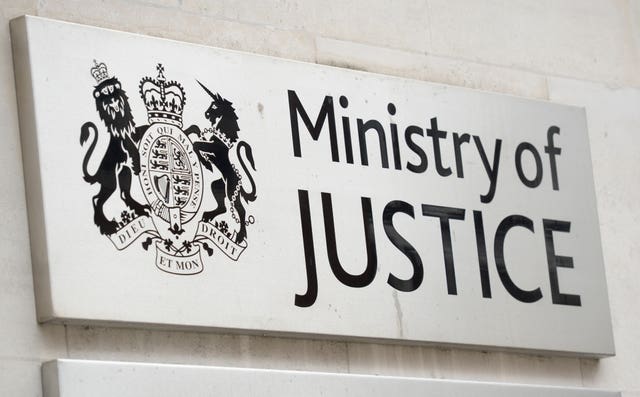
A convicted terrorist previously jailed alongside the London Bridge killer has won a partial victory in a High Court case against the Ministry of Justice (MoJ) over changes to his licence conditions in the wake of the attack.
Omar Latif, 37, was one of nine men who were jailed in 2012 for terrorism offences relating to an al Qaida-inspired plot to bomb the London Stock Exchange and build a terrorist training camp in Pakistan.
Latif, from Cardiff, was sentenced to 10 years and four months’ imprisonment for attending meetings with the intention of assisting others to prepare or commit acts of terrorism. Future London Bridge attacker Usman Khan was jailed over the same plot at the same hearing.
Omar Latif was automatically released from prison at the halfway point of his sentence in February 2016, and was recalled to prison that September before he was again released on licence in May 2018.
On November 29 2019, Usman Khan fatally stabbed Jack Merritt, 25, and Saskia Jones, 23, at Fishmongers’ Hall in central London while out on licence.
Five days later, Latif – who says he has had “no contact” with Khan since they were in the same prison in 2016 – was told that “senior officials” at the MoJ had imposed new conditions on his licence.
At a hearing in February, his lawyers argued the additional conditions, which prevent him from attending “any meetings or gatherings of more than 50 people” or entering the City of London without prior permission, are unlawful.
In a judgment delivered on Wednesday, the High Court ruled that the new licence conditions were initially imposed without giving Latif the opportunity to make representations about them.

Mr Justice Swift, sitting with the Lord Chief Justice Lord Burnett, said in the ruling that Latif should have been “afforded an opportunity to comment on the proposals to impose the additional conditions”.
However, the judge added that “it is not necessary to quash the decision to add new licence conditions”, as Latif was later given the chance to make representations.
The High Court also rejected Latif’s argument that only the Parole Board could vary his licence conditions or that the new conditions were disproportionate.
At the hearing in February, Latif’s barrister Dan Squires QC said the changes to his licence “were not made because of any change to the risk he posed or anything he had said or done”.
Mr Squires said Latif’s behaviour since his release in May 2018 had been “exemplary”, adding that Latif “had no involvement in, or prior knowledge of, the London Bridge attack”.
In the judgment, Mr Justice Swift said a phone conversation informing Latif of the changes to his licence in early December 2019 was “only to explain to the claimant the effect of the new licence conditions, not to ask him whether he had anything to say that might be material to the decision-making process”.
But the judge said Latif was later able to make representations which were considered by probation officers, which meant he was “sufficiently involved in the decision-making process at that point”.


Comments: Our rules
We want our comments to be a lively and valuable part of our community - a place where readers can debate and engage with the most important local issues. The ability to comment on our stories is a privilege, not a right, however, and that privilege may be withdrawn if it is abused or misused.
Please report any comments that break our rules.
Read the rules hereComments are closed on this article